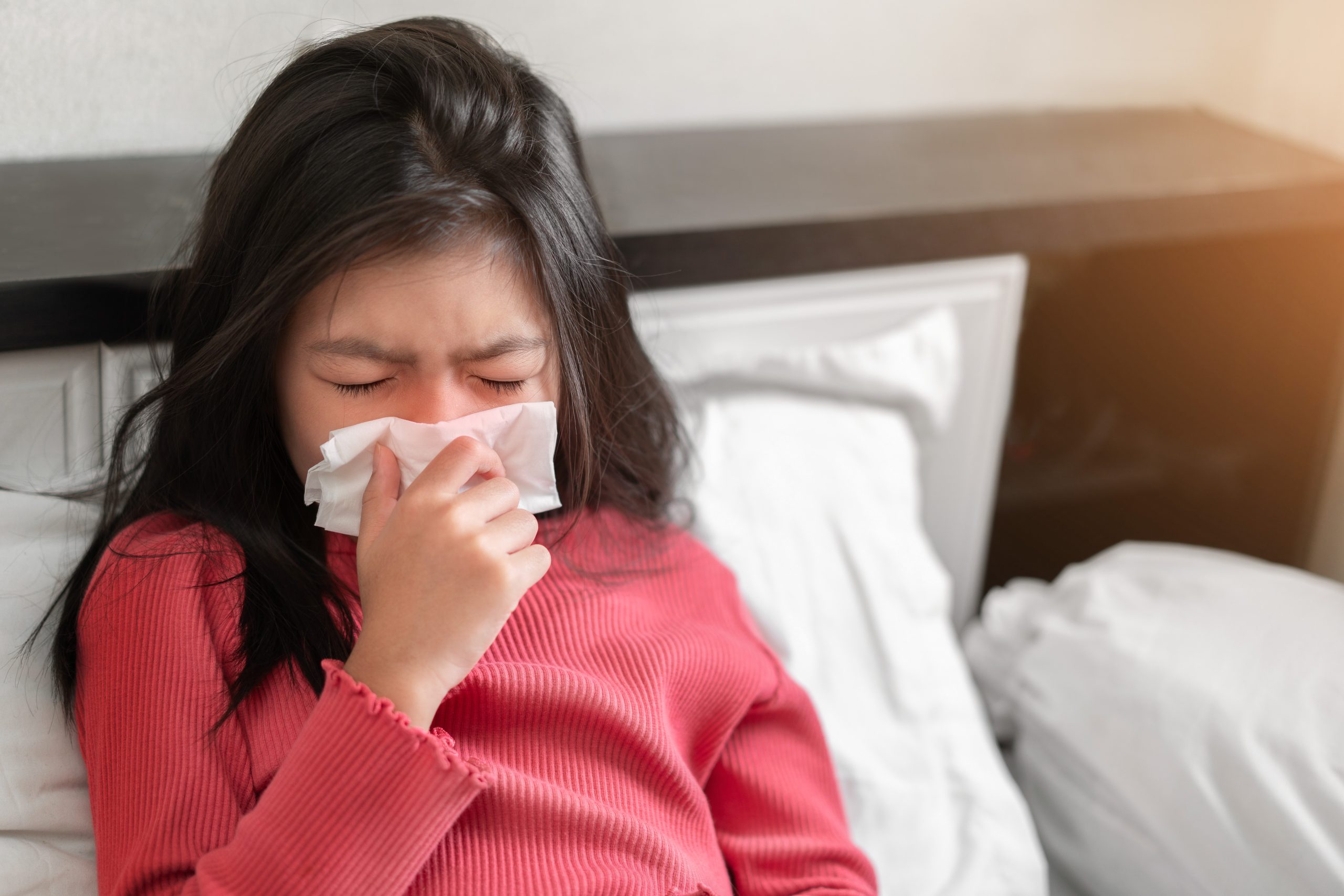“Itching eyes, runny noses and wheezing breathing. The pollen season 2021 started very early and researchers have been warning for a difficult season also for people who don’t suffer from pollen allergies.” Headlines like these have been all over media for a while now. But, did you know that as much as 30% of Sweden’s population suffers from pollen allergy with eye and respiratory problems? (1)
The most common pollen allergy is birch and grass, but the pollen season can be divided into three periods. The first period starts in the spring, when the deciduous trees are in bloom, then comes summer with grass pollen, and finally the late summer and autumn which is the season for mugwort (Artemisia).
Indoor air is often more polluted than the air outdoors
One of the reasons why so many people suffer from allergies is that we are exposed to more air pollutants than before. We tend to think of exhaust fumes and other emissions outdoors when we talk about air pollution, but often the air indoors and in our own homes is more polluted.
Good ventilation reduces discomfort
So, good ventilation in your home is important. Poor air exchange not only aggravates your pollen symptoms but can also be the cause behind them. With a modern ventilation system, allergy problems can be reduced.
Today, many newly built houses use ventilation systems with mechanical supply and exhaust air plus heat recovery (Mechanical Ventilation Heat Recovery System, MVHR). The air is taken in via a ventilation unit, with a filter that removes pollutants in the air. If you use the right type of filter, it also stops pollen, which gives you fresh and clean air in your home.
If anyone in the household has a pollen allergy, you should pay extra attention to changing the filter in the ventilation unit. We recommend that it is changed both in spring and autumn, that is before and after the pollen season. If you do not have a MVHR system, you can put pollen filters in the supply air valves.
And If you don’t have that option either, you can try to put an air purifier where you spend a lot of time. For example in the bedroom (Asthma Allergy Nordic recommend some products).
Finally, for you that suffer from pollen allergy, we would like to share some tips from the Asthma and Allergy Association:
- Get a pollen net for the window if you want to ventilate. Or open the windows at night after it has rained. Keep the windows closed during the day.
- Change clothes when you have been outdoors.
- Change the sheets often and rinse the pollen from the hair before going to bed.
- Do not hang clothes or bedding to dry outdoors.
- Avoid contact with pets that have been outside and may have pollen in their fur. Brush or rinse the fur after the animal has been outside.
- Swab the floors often and wipe surfaces extra often.
- Choose a vacuum cleaner with a good filter (e.g. recommended by Asthma Allergy Nordic).
- Choose plants that do not emit pollen.
- Avoid being on a freshly mowed lawn, and mow the lawn when it is dewy.
- Rinse your nose with water to wash away pollen that is stuck in the nasal passages. There is also nasal spray with saline solution to buy at your pharmacy.
- Take a look at the pollen forecasts on sites like https://www.polleninfo.org/country-choose.html , https://pollenrapporten.se, https://pollen.com to see when the levels are at their highest.
Source: Asthma & Allergy Association
Sources:
1) Astma & Allergiförbundet, https://astmaoallergiforbundet.se/information-rad/allergi/pollenallergi/

